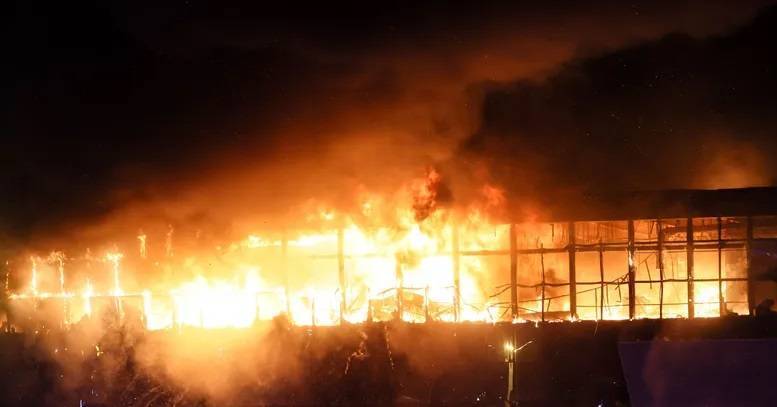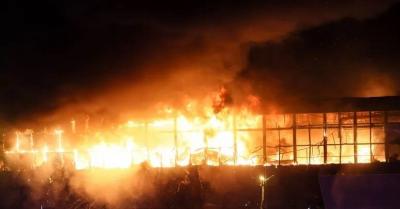The warning issued by the U.S. embassy in Russia on March 7, advising its citizens to avoid large gatherings in Moscow due to reports of extremists planning an imminent attack, sparked controversy in Russia. Critics accused the United States of failing to share vital information with Russian intelligence that could have prevented the deaths of more than a hundred people. The embassy stated, in a message on its website, that it was "monitoring reports indicating extremists have imminent plans to target large gatherings in Moscow, such as concerts." The embassy, which has repeatedly urged Americans to leave Russia immediately, did not provide further details about the nature of the threat, but mentioned that "they should stay away from gatherings and remain vigilant."
The Russian Foreign Ministry demanded that the United States immediately share any reliable information it had about the terrorist attack at the Crocus Hall. Russian Foreign Ministry spokeswoman Maria Zakharova responded to the White House's comment that they saw no indications of Ukrainian involvement in the terrorist attack in Moscow, stating: "It is necessary for the United States to relay any reliable information it has regarding the terrorist attack at Crocus Hall to Russia."
Former Deputy U.S. Defense Secretary Mike Mulroy told Sky News Arabia that the U.S. had coordinated with Russia regarding the incident, and President Putin publicly stated he did not believe the intelligence was accurate, labeling it as propaganda. However, American Democrat Dr. Mahdi Afifi noted that since the outbreak of the Gaza war, the focus of the U.S. government and its intelligence agencies had been primarily on that situation and supporting Israel, while many in the U.S. believed that Russia was exploiting global distractions over Gaza to advance in Ukrainian territories, which caused a slowdown in intelligence cooperation in this matter.
Afifi expressed that the U.S. embassy did not coordinate with the Russian side due to deep-seated disagreements that had emerged recently. The U.S. had also attempted to pressure Russia to refrain from striking certain targets in Ukraine, and the continued U.S. support for Ukraine angered Moscow, contributing to a shortfall in intelligence exchanges between the two countries. He pointed out that military and intelligence coordination had always been present, but in this incident, it was evident that there was no intelligence collaboration between Moscow and Washington.
In turn, American affairs researcher Dr. Kamal Al-Zaghoul stated to Sky News Arabia that "when the United States warns its citizens in Russia, it signals to the Russians that they should act against these violent attacks, as relations are strained and only through military hotlines can they avoid direct confrontations." He argued that the Russian-Ukrainian conflict became more complicated following the deaths of Alexei Navalny and Yevgeny Prigozhin, and the victory of Putin in the presidential elections for a fifth term. We must wait to see what Russia says regarding the threads of this operation, and we will assess the level of tension between America and Russia after the investigation's results are released, as each side possesses its own intelligence methods to monitor the other.
The Russian Federal Security Service reported to President Vladimir Putin that 11 individuals had been arrested, four of whom were directly involved in the attack. The Kremlin stated that efforts were ongoing to identify more accomplices.




